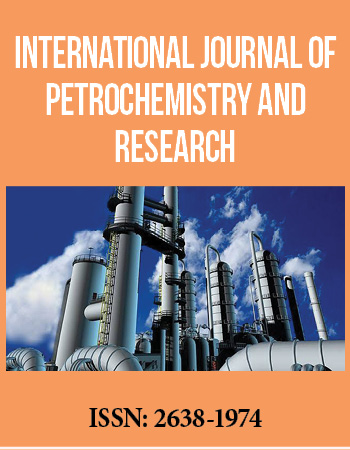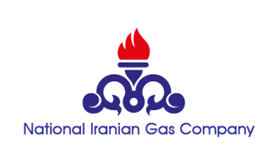International Conference on Oil, Gas and Petrochemistry
April 3-5, 2017 Dubai, UAE
Performance evaluation of swell packers under actual field conditions
Sultan Qaboos University, Oman
Swelling elastomers are a relatively recent breed of advanced polymers, known for their self-healing and large stretch when in contact with certain fluids. They undergo dynamic swelling when exposed to water or oil. They have found extensive use as sealing elements and swell-packers in different petroleum drilling and development operations. Swellable elastomer packers (SEP) consist of swelling elastomer sections bonded to petroleum pipes. Many mature fields (which account for more than two-thirds of the worldʼs oil and gas production) have been traditionally abandoned after serious production declines, because of the difficulties and large cost associated with rework. Swell packers have now been successfully employed for workovers, sidetracks, and redrills, putting abandoned wells back into production. When oilfields are producing substantial amounts of unwanted water or gas, increased recovery from maturing reservoirs is possible through shut-off of unwanted water and gas by the deployment of swelling elastomer sections to segment horizontal wells. Swellable elastomers have also been successfully used for cementless completions, for well completion together with cement jobs, and for zonal isolation in openhole completion of foam-drilled horizontal wells.
No studies have been reported about the long-term durability or expected service life of swell packers under actual well conditions. A full-scale test rig has been designed, constructed, and commissioned at Sultan Qaboos University (SQU), Muscat, Oman for fiveyear long in-situ evaluation of various types of swell packers. This longevity testing of water-swelling and oil-swelling elastomer packers of different sizers is being carried out in partnership with a regional petroleum development company. These packers consist of different types of water-swelling and oil-swelling materials, and are exposed to actual crude oil or brine solutions of different salinities, and are tested at both room and higher temperatures. High differential pressures are applied on selected packers once they have sealed. Elastomer types, swelling media, test temperatures and pressures, all represent actual field conditions in regional oil wells.
Biography:
Prof. Sayyad Zahid Qamar is currently associated with the Mechanical and Industrial Engineering Department, Sultan Qaboos University, Muscat, Oman. He has worked both as a university academician and a researcher, and as a field engineer (mechanical), during his twenty-five years of professional service. His main research areas are Applied materials and manufacturing; Applied mechanics and design; Reliability engineering; and Engineering education. He has worked on different funded projects in excess of 4 million US dollars. He is the author of one research monograph (book), two book chapters, over 120 publications in refereed international journals and conferences, and 31 technical reports. He has also edited two technical book volumes, and is serving on the editorial boards of various well-known research journals. He has conducted experimental, numerical, analytical, and stochastic studies in the areas of Swelling and inert elastomers; Solid expandable tubulars; Metalforming process, product, and tooling; etc.



